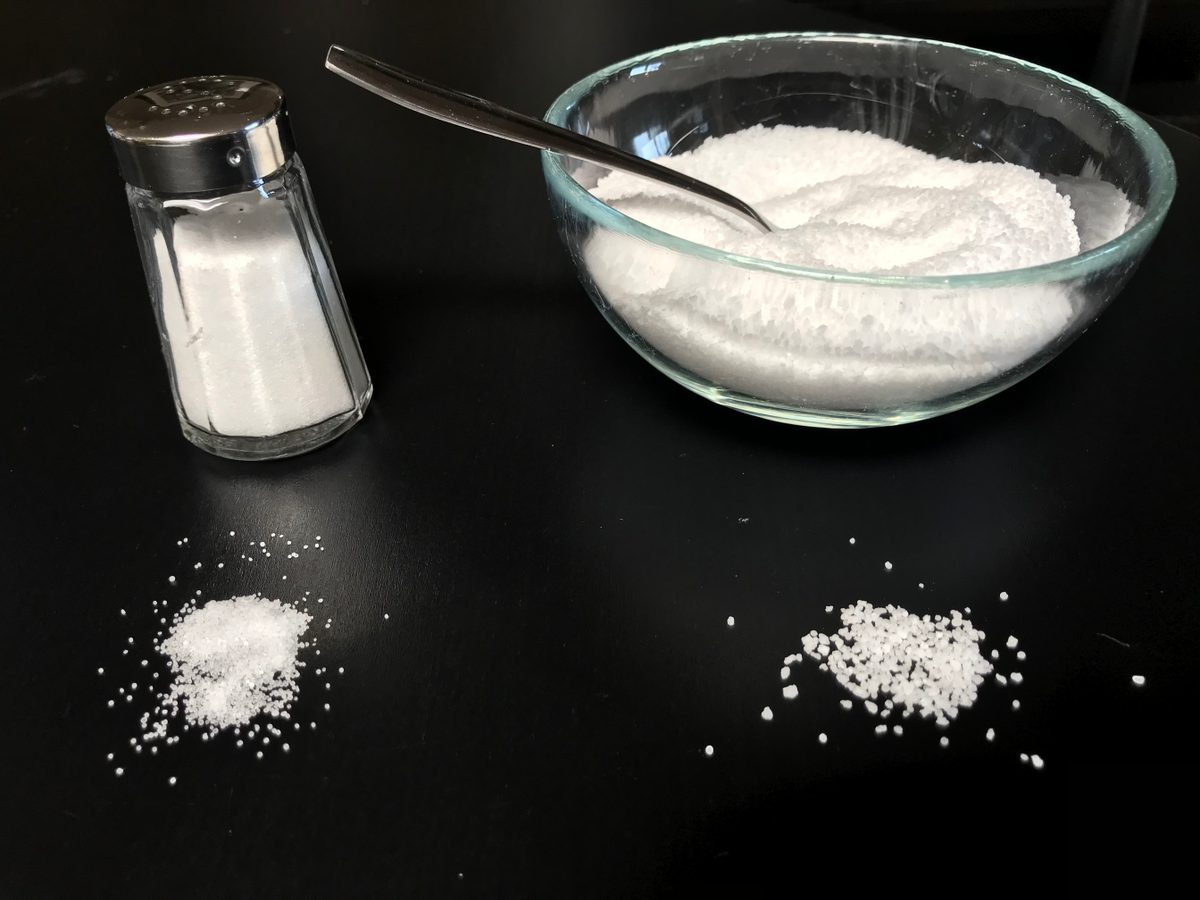Inside BENEO’s new pulse plant: pioneering sustainable protein from faba beans
This small change could have a big impact on high blood pressure control, experts say
A call to include recommendations on low-sodium potassium-enriched salt in hypertension treatment guidelines has been made by an international group of experts in the American Heart Association’s scientific journal Hypertension.
High levels of sodium intake and low levels of potassium intake are widespread, and both are linked to high blood pressure (hypertension) and a greater risk of stroke, heart disease and premature death. Using a salt substitute where part of the sodium chloride is replaced with potassium chloride addresses both problems at once.
Professor Alta Schutte, at The George Institute for Global Health and UNSW Sydney said that despite data from randomised controlled trials demonstrating the health benefits of potassium-enriched, sodium-reduced salt substitutes, they are rarely used.
“We found current clinical guidelines offer incomplete and inconsistent recommendations about the use of these salt substitutes,” she said.
“Given the wealth of evidence available, we feel it’s time to include salt substitutes in treatment guidelines to help address spiralling rates of uncontrolled high blood pressure around the world and reduce preventable deaths.”
Potassium-enriched salt can be used as a direct replacement for regular salt (sodium chloride) when seasoning, preserving or manufacturing foods. Importantly, while other salt reduction strategies make foods taste less salty, switching to potassium-enriched salt is undetectable by most people.
A global collaboration of researchers from the US, Australia, Japan, South Africa and India reviewed 32 separate hypertension treatment guidelines – two from global organisations, five from regional organisations and 25 from country organisations – published between 1 January 2013 and 21 June 2023.
They found all guidelines referred to sodium reduction, with most recommending reducing salt intake. Many also recommended increasing dietary potassium intake, but only two – the Chinese and European guidelines – made a specific recommendation for using potassium-enriched salt.

